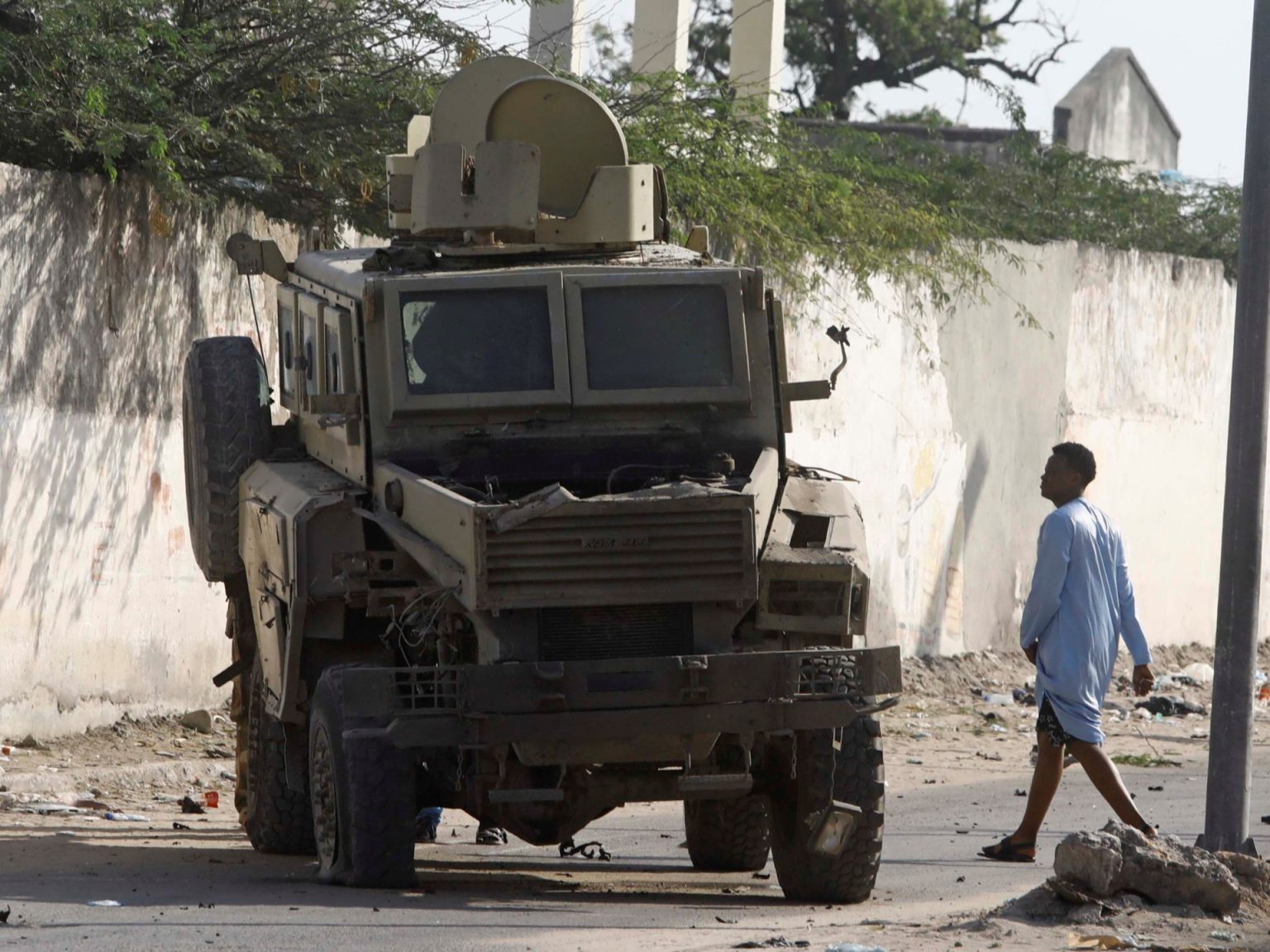Omar Hassan Warsame was a respected figure in the Somali town of Golweyn, known for his large farm that provided crops and jobs for the community. However, tragedy struck on August 10, 2021, when Ugandan AU peacekeepers opened fire on Omar and four of his employees, killing them in cold blood. The massacre of seven civilians led to widespread outrage and calls for the withdrawal of foreign peacekeepers from Somalia. Although two soldiers were sentenced to death and three others to prison terms, the sentences were later overturned by a Ugandan court.
The AU peacekeepers were deployed to Somalia in 2007 to counter the threat of al-Shabab, an al-Qaeda affiliate seeking to overthrow the government. While AMISOM played a critical role in providing security and coordinating with Somali forces, reports of abuses against civilians have emerged over the years. The mission has been rebranded as ATMIS in 2022, with plans for a withdrawal from Somalia by the end of the year. Victims’ families are demanding justice and financial compensation for their suffering, but the AU has struggled to address these requests.
The history of conflict in Somalia, including the rise of the Islamic Courts Union and the intervention of neighbouring Ethiopia, has shaped the country’s current security situation. Despite international efforts to stabilize the country and build up its security forces, al-Shabab maintains control over significant portions of the country and continues to carry out deadly attacks on civilians and military targets. Donor fatigue and funding shortages have led to cutbacks in support for AMISOM.
Victims of peacekeeper violence, such as the families in Garbaharey who lost loved ones to Ethiopian AMISOM troops, have faced challenges in seeking compensation and accountability. With limited options for holding the AU or troop-contributing nations accountable under international law, families like Duale Ali’s have struggled to find justice. The lack of transparency and oversight in tracking abuses by peacekeepers further complicates the situation.
The AU has acknowledged the importance of accountability and compensating victims to build trust in the communities they operate in. However, efforts like the CCTARC, tasked with tracking civilian casualties, have faced challenges such as underfunding and lack of independence. Victims like Abdirahman Sheikh Abdullahi, killed in Kenyan air attacks, continue to seek justice without any party taking responsibility for their suffering. The lack of clear avenues for accountability raises concerns about future peacekeeping missions in Somalia.
The Golweyn massacre highlighted the difficulties faced by victims of peacekeeper violence in seeking justice and compensation. Mohamed Abdi, Omar Hassan Warsame’s nephew, described feeling betrayed by the Ugandan and Somali officials who pressured families into accepting a nominal compensation agreement. The failure to address blood money payments, a key form of atonement in Somali society, raises concerns about the new AU support mission in Somalia and its ability to build trust with local communities.













